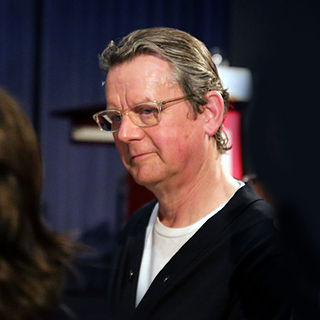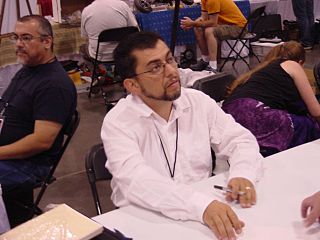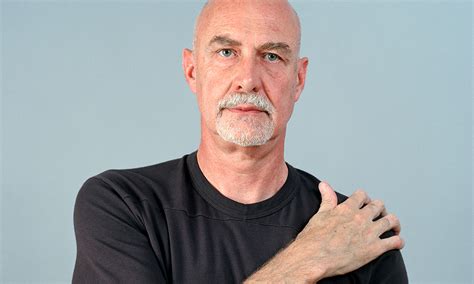A Quote by Jeff Wall
One paradox I have found is that, the more you use computers in picture-making, the more hand-made the picture becomes. Oddly, then, digital technology is leading, in my work at least, toward a greater reliance on handmaking because the assembly and montage of the various parts of the picture is done very carefully by hand.
Related Quotes
I was very scared when I saw it, because Dune was for me very important in my life. I was very sad I could not do it. When I saw that David Lynch would do it, I was very scared, because I admire him as a movie-maker, and I thought he would do well. But when I see the picture, I realize he never understood this picture. It's not a David Lynch picture. It's the producer who made that picture, no? Who made this horror. For David Lynch, it was a job. A commercial job. It never was that for me.
There's always a time in any series of work where you get to a certain point and your work is going steadily and each picture is better than the next, and then you sort of level off and that's when you realize that it's not that each picture is better then the next, it's that each picture up's the ante. And that every time you take one good picture, the next one has got to be better.
To an ever greater extent out experience is governed by pictures, pictures in newspapers and magazines, on television and in the cinema. Next to these pictures firsthand experience begins to retreat, to seem more and more trivial. While it once seemed that pictures had the function of interpreting reality, it now seems they have usurped it. It therefore becomes imperative to understand the picture itself, not in order to uncover a lost reality, but to determine how a picture becomes a signifying structure of its own accord.





































